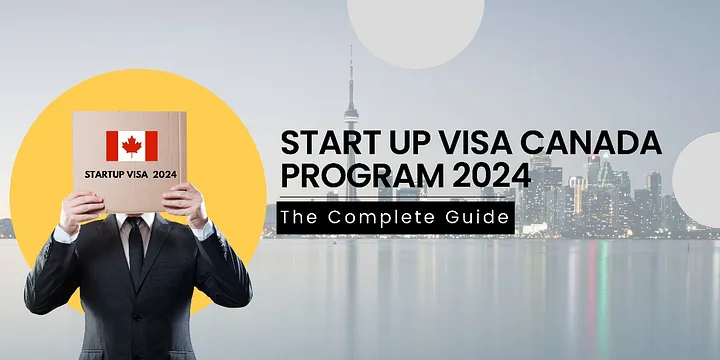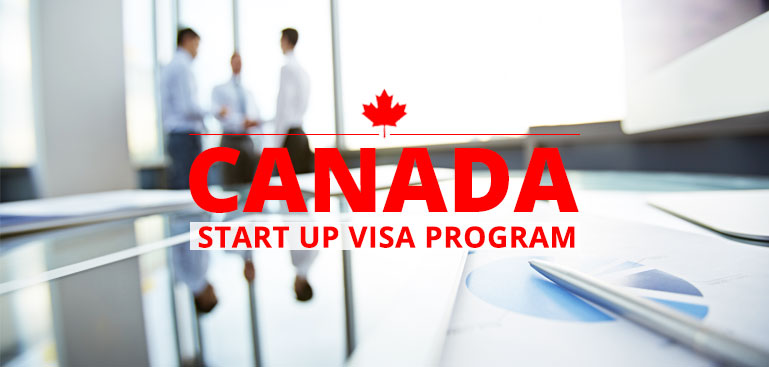For aspiring entrepreneurs with innovative ideas, Canada’s Startup Visa Program presents a compelling opportunity. It allows immigrant entrepreneurs to establish their businesses in Canada, fostering economic growth and creating jobs. But before packing your bags and booking a flight, it’s crucial to understand the eligibility criteria for a Canadian Startup Visa. This blog dives deep into the requirements, helping you determine if this program aligns with your entrepreneurial journey.
The Core Requirements: Building a Strong Foundation
The Canadian Startup Visa Program is designed to attract talented entrepreneurs with the potential to build successful businesses in Canada. Here are the fundamental eligibility criteria you’ll need to meet:
- A Qualifying Business: This is the cornerstone of your application. Your business concept must be innovative, have the potential to create jobs in Canada, and be scalable to compete on a global stage.
Pro Tip: Conduct thorough research to ensure your business aligns with Canada’s economic priorities. Focus on innovative sectors like technology, cleantech, or life sciences.
- Letter of Support from a Designated Organization (DO): This is a critical element. A DO is a Canadian angel investor group or venture capital fund that has been designated by the government to support startup visa applicants. You’ll need a letter from a DO confirming their commitment to provide you with a minimum financial investment in your business.
Here’s the breakdown:
- Angel investor group: Minimum investment of $75,000 CAD.
- Venture capital fund: Minimum investment of $200,000 CAD.
Pro Tip: Research designated organizations and connect with those aligned with your industry and business goals. Building a strong relationship with a DO can significantly enhance your application’s success.
- Language Requirements: Canada is a bilingual country. You’ll need to demonstrate proficiency in either English or French by taking an approved language test like the IELTS or TEF. Meeting the Canadian Language Benchmarks (CLB) is essential.
Pro Tip: Start preparing for language tests early in your application process. Earning strong scores demonstrates your ability to effectively communicate and operate your business in Canada.
- Settlement Funds: The Canadian Startup Visa Program expects you to be financially self-sufficient upon arrival. You’ll need to show proof of sufficient funds to support yourself and any accompanying family members. The required amount varies depending on your family size.
Pro Tip: Gather bank statements, investment documents, or proof of property ownership to demonstrate your financial stability.
- Admissibility to Canada: You must be admissible to Canada, meaning you have no criminal record or security concerns that might prevent your entry.
Additional Considerations: Strengthening Your Application
While meeting the core requirements is essential, a strong application goes beyond the basics. Consider these factors to enhance your chances of success:
- Business Experience: Demonstrating relevant business experience and a proven track record strengthens your application.
- Team Strength: If you have a co-founder or team with complementary skills and experience, highlight their contributions to your business plan.
- Market Validation: Provide evidence that your business idea addresses a real market need. Include market research data and potential customer validation.
Conclusion: Taking the First Step Towards Your Canadian Dream
The Canadian Startup Visa Program offers a unique pathway for immigrant entrepreneurs to build their businesses in a supportive environment. By carefully considering the eligibility criteria and demonstrating a strong business proposition, you can increase your chances of securing this coveted visa. Remember, seeking guidance from an experienced immigration consultant can be invaluable in navigating the application process and ensuring your application is well-prepared.
Ready to embark on your Canadian startup journey? Research the program thoroughly, assess your eligibility, and start building a compelling application that showcases your innovative spirit and entrepreneurial drive.






